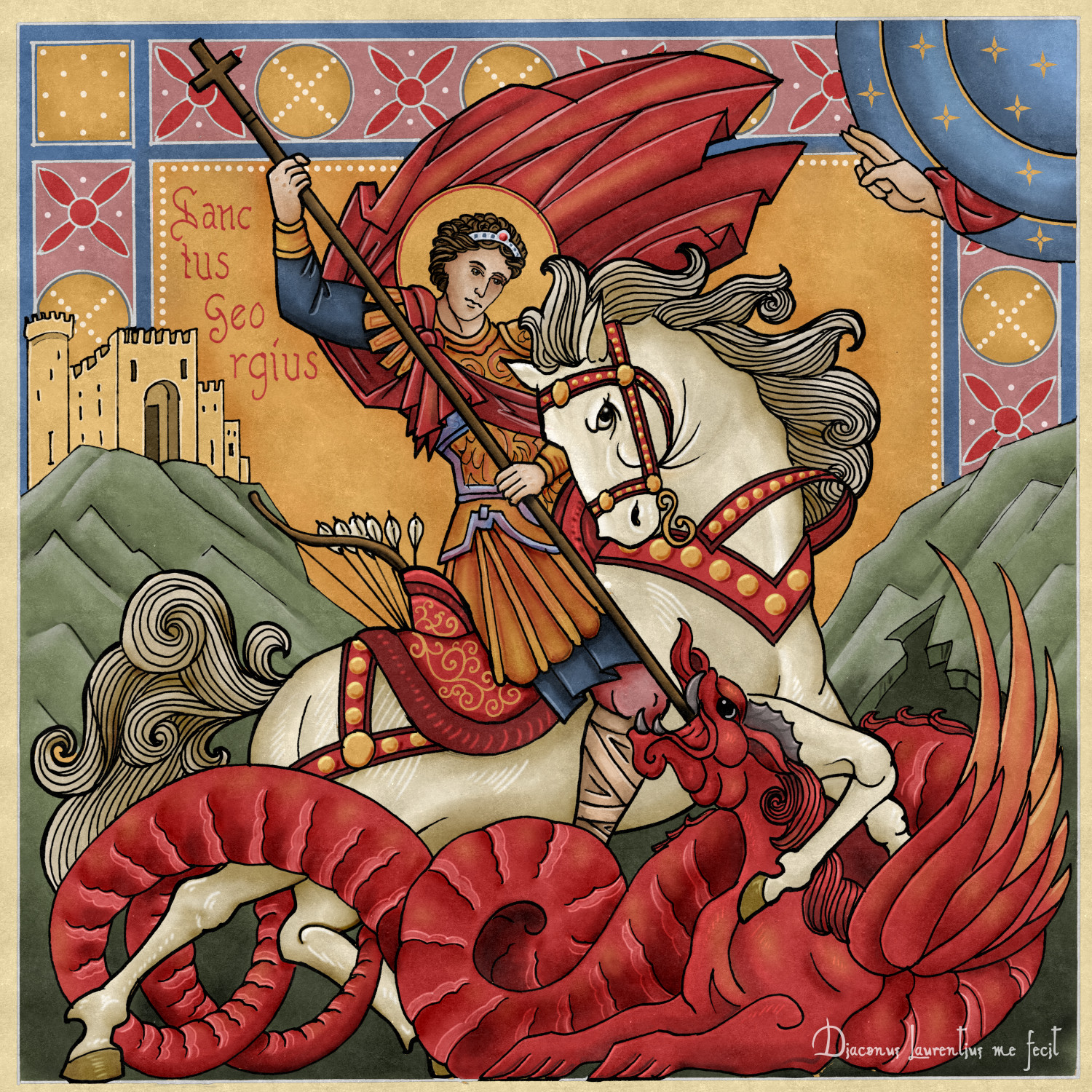“Master, I want to see.”

In 1995 Dr. Oliver Sacks released his book, “An Anthropologist on Mars.” In this book he recounts the stories of seven people suffering from various neurological conditions. One of the cases concerned a man named Virgil. Virgil had been blind since early childhood. At the age of 50, Virgil underwent a complicated surgery that restored his vision. But Virgil, along with Dr. Sacks, soon found out that there was much more to seeing than having the physical capacity for sight.
Virgil's first experiences with vision left him confused. He was able to make out colors and shapes and movements, but putting them into a coherent picture was much more challenging. Over time he did manage to learn to identify various objects but his habits and behaviors were still those of a blind man.
Dr. Sacks concluded, “One must die as a blind person to be born again as a seeing person. It is the interim, the limbo … that is so terrible.”
Thomas Huxley, who coined the word “agnostic,” was once approached by a very sincere Christian. The Christian asked if it might be possible that the great scientist was color blind? In the same way some people cannot see green while others see it all around them, could it be possible that Huxley was simply blind to what others saw so clearly?
Huxley, being a man of integrity, admitted this was possible, but added that if it were, he himself would not know it.
In the Gospel of Mark, Bartimaeus calls to the “Son of David,” by doing so he recognizes Jesus as a prophet and wonderworker. Although others try to silence him, his plea becomes all the louder. Finally he gets Jesus’ attention and is brought before the Master. “What do you want me to do for you?” Our Lord asks. Bartimaeus’ request is simple he wants to see.
The blind man’s longing for vision, or for the light that will shatter the darkness he lives in, was a longing for something more basic than simply sight, it was a longing for the right path, the path a blind person cannot see. It is the path to God that one must be able to see in all its’ stages and directions, before he can embark upon it. His longing for the light is part of the reason Jesus heals him and this healing in turn allows Bartimaeus to follow Jesus. Although the Lord tells him to go his way the beggar instead chooses to follow the Lord.
With the healing of the blind beggar, one who was cut off from the light can now see clearly enough to find his way home.
Bartimaeus speaks for us all. As long as we live in darkness and fear, we are blind to the Lord. Let us pray for the vision to see the truth in God’s teachings and the grace to follow where He leads. Let us pray that we may all find our way home.
Pax Vobiscum
30th Sunday in Ordinary Time
Read more at www.DeaconLawrence.org
© Lawrence Klimecki

Purchase fine art prints by Deacon Lawrence here.
Deacon Lawrence draws on ancient Christian tradition to create new contemporary art that seeks to connect the physical and the spiritual.. For more information on original art, prints and commissions, Please visit www.DeaconLawrence.org
Lawrence Klimecki, MSA, is a deacon in the Diocese of Sacramento. He is a public speaker, writer, and artist, reflecting on the intersection of art and faith




